I have lived with anxiety for so long that I don’t recollect what life was like without it. Maybe I was born with it. As an introvert with high-functioning anxiety, I worry about something I said or did days back, how others might perceive what I said, how they will react, and what will happen in the future- you get the picture.
Nevertheless, I’m able to maintain a perfectly stoic face, so nobody has the tiniest clue about the thoughts racing through my mind. Many of you are probably nodding along. Turns out, I suffer from a secret form of anxiety known as high-functioning anxiety.
As I grew up and embraced my introverted personality, I began to wonder if anxiety is an inherent part of being an introvert. Do all introverts have anxiety?
The answer is – No. Introversion and anxiety are not synonymous. An introvert is a person who prefers a calm and quiet environment and avoids highly stimulating scenarios. Anxiety, on the other hand, is a mental health condition where the sufferer experiences excessive worry, nervousness, and fear. It can happen to introverts, ambiverts as well as extroverts.
However, we can’t overlook what statistics say- that introverts are more prone to anxiousness. Even research suggests that introverts are more vulnerable than extroverts to decreased mental well-being.
If you’re an introvert who has it all together outwardly, but secretly you worry too much and you’re driven by fear, then you will probably identify with something known as high-functioning anxiety.
This type of anxiety is more subtle and doesn’t manifest as breathlessness, shaky hands, or panic attacks, which are the usual signs shown by anxious people.
Related: What Is High Functioning Anxiety Disorder? Signs, Effects, And How To Deal With It
What Is High-Functioning Anxiety?
As strange as it sounds, people living with high-functioning anxiety are propelled forward by their anxiousness, rather than it crippling them. Usually, these people are successful and high-achieving, excelling in their careers and other activities, and have a calm and composed demeanor.
However, what they experience in their inner world is totally different. Beneath the perfect exterior of success, they are constantly fighting a churn of anxiety. To be more precise, the underlying anxiety is what drives them. The fear of failure and disappointing others is what pushes them to be successful in the first place.
An introvert with high-functioning anxiety isn’t able to stop thinking and planning out everything to its tiniest detail. Their minds are always on high alert and they can’t ever let their guard down and just relax.
Sounds relatable? Then you will surely relate to the signs of high-functioning anxiety listed below.
15 Signs You Are An Introvert With High-Functioning Anxiety
1. You like being prepared
You’re always ready to tackle the worst-case scenario. For example, maybe your luggage was misplaced once and now you carry double sets of essential items, like undergarments and toiletries, in your check-in as well as hand language. Just in case.
People see you as the reliable person in the group; your preparedness comes to their rescue. But little do they know that this behavior is rooted in anxiety.
2. You have a stoic demeanor
Wait, what? Aren’t anxious people supposed to sweat profusely, have shaking hands, and be a bundle of nerves?
Not the ones who have this secret type of anxiety known as high-functioning anxiety. These people have perfected the art of holding a calm and stoic demeanor in public by suppressing and compartmentalizing their feelings. They might have a storm of anxiety raging inside that you will know nothing about.
Related: 19 Signs You’re an Introvert in a Loud World
3. You view the world differently
According to research carried on by scientists at the Weizmann Institute of Science in Israel, people with anxiety fundamentally perceive the world differently. They over-generalize emotional experiences.
Hence, they can’t differentiate between a new and safe stimulus and an earlier one that made them feel threatened. The feelings of danger remain embedded in their minds even after the experience is over.
4. You always need to keep busy
High-functioning anxiety doesn’t cripple a person, on the contrary, it propels the person to be busy with something all the time. Otherwise, all the anxious thoughts will creep in.
This can be especially troubling for introverts who need a considerable amount of downtime to unwind and recharge. They can, in no way, be present at social events regularly.
Hence, they keep their minds engaged with work, hobbies, errands, and just about anything that distracts them from their thoughts. It gives them a sense of control and makes them feel that they are at the top of things.
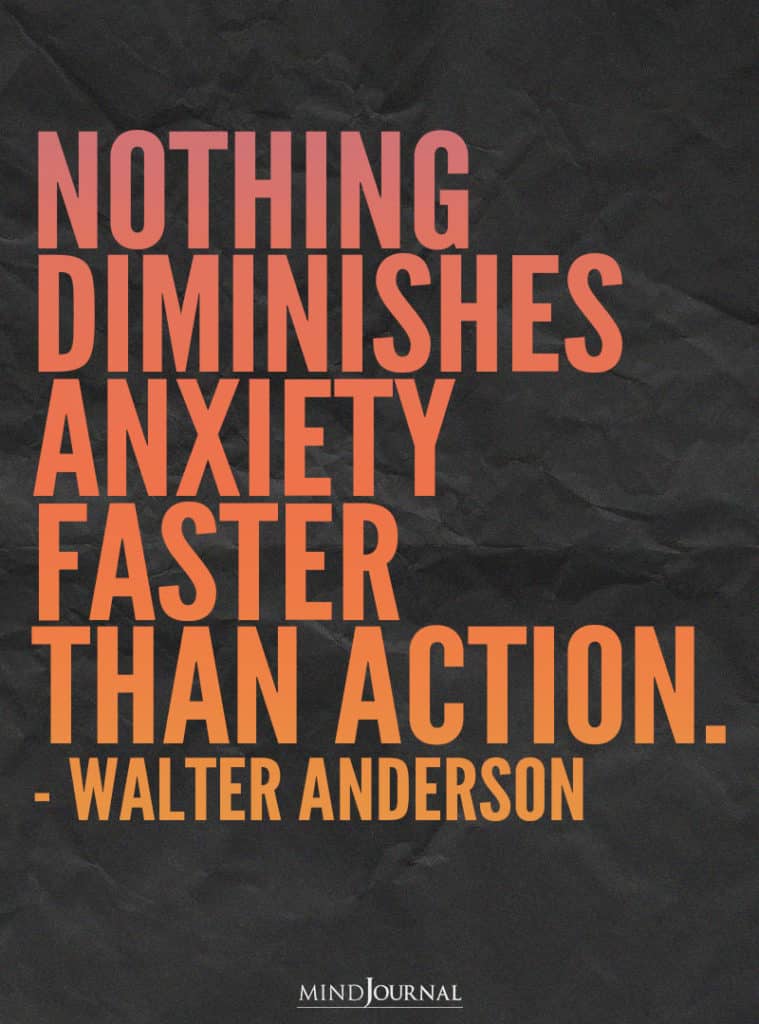
5. You’re the face of success
We often think that an anxious person experiences a lack of motivation. But you couldn’t be more wrong about people with high-functioning anxiety, because these people use their anxiousness to propel them toward success.
They are over-achievers, very detail-oriented, and love being organized. But there’s no fixed benchmark, the more they achieve, the more they want. It’s never enough.
6. You hate disappointing other people
One of the major signs of a high functioning introvert is this.
As a high functioning introvert, you simply hate to disappoint others, even if pleasing them means working round the clock and ignoring your own needs.
The thought of displeasing others triggers your anxiety, so you’ll rather overwork than make people unhappy. The word “no” doesn’t exist in your dictionary.
Related: 11 Weird Things Your Anxiety Makes You Do
7. You have nervous habits
You appear put-together, calm, and composed in public.
But your nervous habits, like skin picking, nail-biting, leg shaking, head-scratching, etc., if noticed closely, can give away your secret of being an introvert with high-functioning anxiety.
8. You have body aches
Nervous energy can manifest physically as body aches.
It is seen that someone with an anxious introvert personality has frequent muscle aches and nagging pains in other parts of the body.
9. You avoid intense experiences
You need to stick to your fixed routine to keep anxious thoughts at bay. Stability and routine provide a sense of comfort and peace.
So you avoid anything that divulges from your routine and involves intense feelings, like adventure traveling, social gatherings, confrontations- basically anything that can potentially cause emotional discomfort.

10. You engage in a lot of negative self-talk
Is your mind always racing with negative thoughts and you can’t seem to stop them? Do you always focus on the worst-case scenario? These are signs that you are having to deal with high-functioning anxiety.
When you’re replaying mistakes and bad incidents in your mind and focusing on the what-ifs, then how will you enjoy the present moment? Sadly, people with high-functioning anxiety disorder are filled with negative self-talk. Their inner dialogue is very critical and dark.
Related: The 5 Types of Self-Talk Your Brain Likes Best
11. You are a perfectionist
Being a perfectionist is seen as a positive trait. But for people with high-functioning anxiety, perfectionism works as a coping mechanism and comes at the cost of their mental peace.
You’re constantly pushing yourself to perfect your work and appearance, which no doubt, brings positive results, but people often get into the “all or nothing” mentality. They set unrealistic standards, and upon failing them, begin to criticize themselves.
12. You jabber nervously
Such is the plight of an introvert with high-functioning anxiety. Introverts are known to speak less.
They usually avoid small talk and only speak when they have to convey something meaningful. But anxious introverts jibber-jabber in nervous tension and are often mistaken for extroverts.
13. You feel exhausted and stressed out all the time
When your mind is racing with thoughts, it’s natural for you to feel drained out. Anxious introverts don’t sleep well.
Even if they do get an adequate amount of sleep, living with constant underlying anxiety tires them out easily. They live with low-level stress and minor annoyances make them feel irritated.
14. You startle easily
Their nervous system goes into a state of overdrive at the smallest of things. So they’re rattled by sudden disturbances and loud or sharp noises.
15. You can’t seem to get over it
Sadly, wanting the anxious thoughts to just stop and leave your system doesn’t make it go away!
That’s because the brain functions differently for people living with high-functioning anxiety. Hence, it is utterly difficult for them to not feel anxious even if they try hard to get over it.
So, these are all the signs of an introvert with high functioning anxiety? How many of these introverted anxiety symptoms did you relate to? Let us know your thoughts in the comments down below!
Want to know more about living with high-functioning anxiety? Check this video out below!
Frequently Asked Questions (FAQs)
How do I deal with introverted anxiety?
If you are trying to deal with high-functioning anxiety, then some of the things you can do are – know your symptoms, try to understand the reasons behind it, spend some time in nature every day to feel calmer, have confidence in yourself, and try mindfulness exercises like deep breathing and yoga.
Can high-functioning anxiety go away?
High-functioning anxiety might not be 100% curable, but with the help of therapy, lifestyle changes, medication, and support, it can be controlled to a considerable extent.
What’s the difference between high-functioning anxiety and anxiety?
People suffering from anxiety and high-functioning anxiety more or less display the same type of symptoms. However, people with high-functioning anxiety tend to have better control of their symptoms and they don’t let it interfere with their daily life, and responsibilities.
What causes high-functioning anxiety?
Some of the common causes of high-functioning anxiety are substance abuse, alcohol use, exposure to negative life events, dysfunctional childhoods or toxic parents, stress at home or work, death of a loved one, medication, or relationship problems.


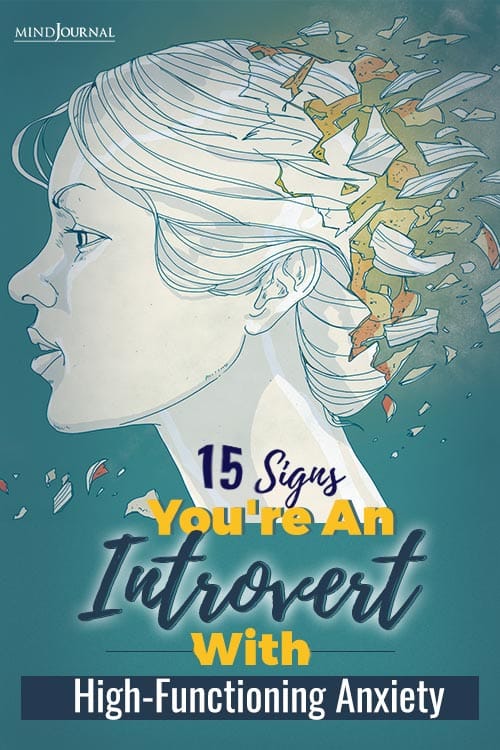
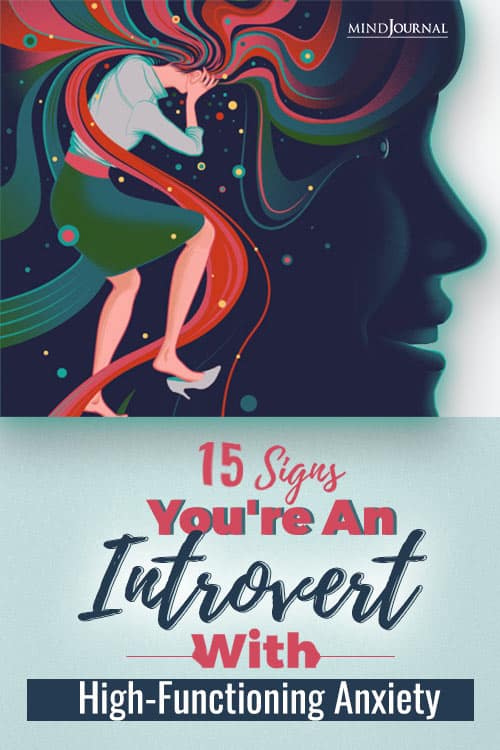




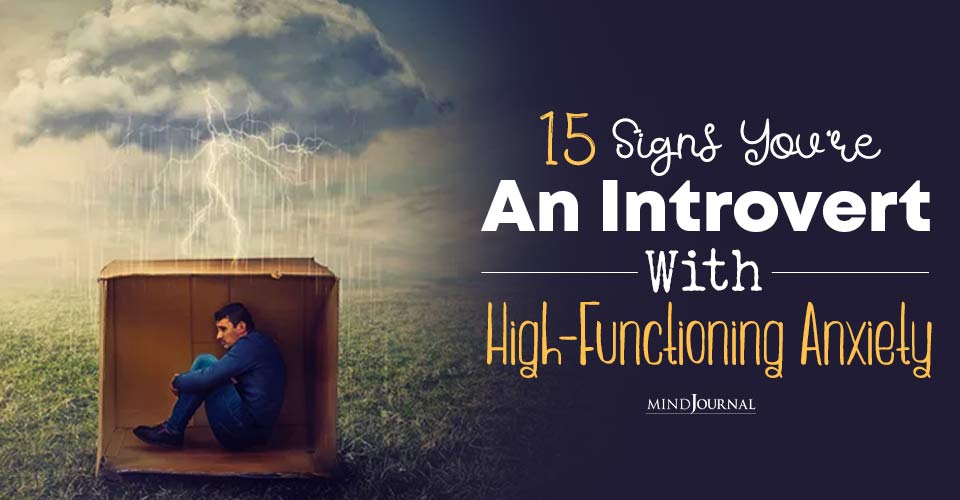
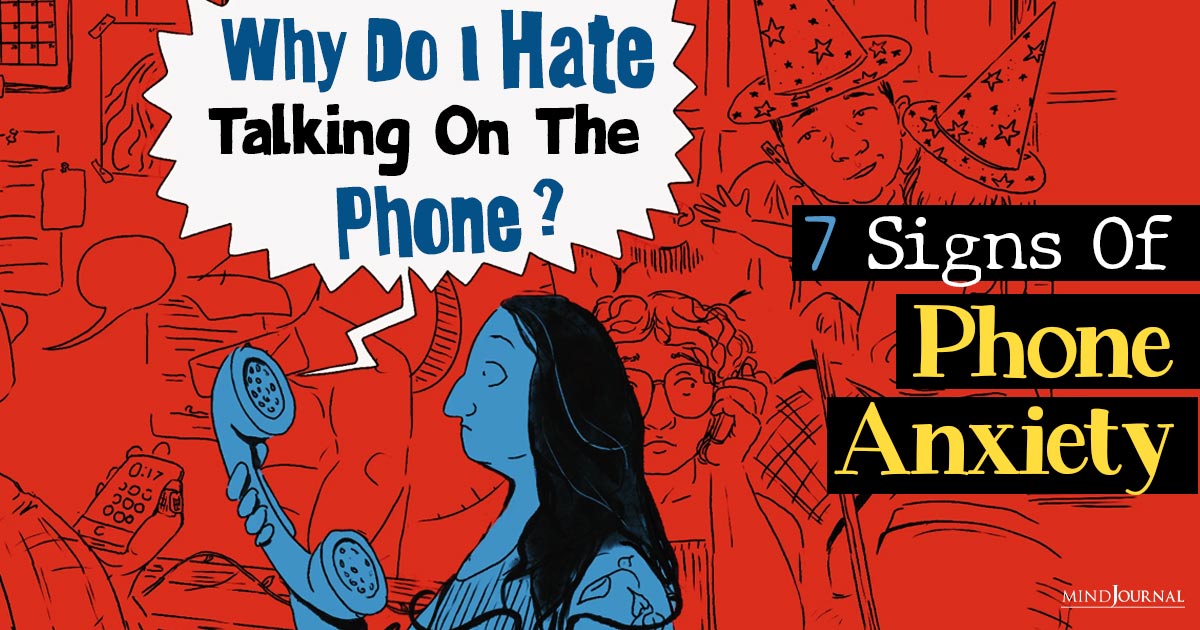
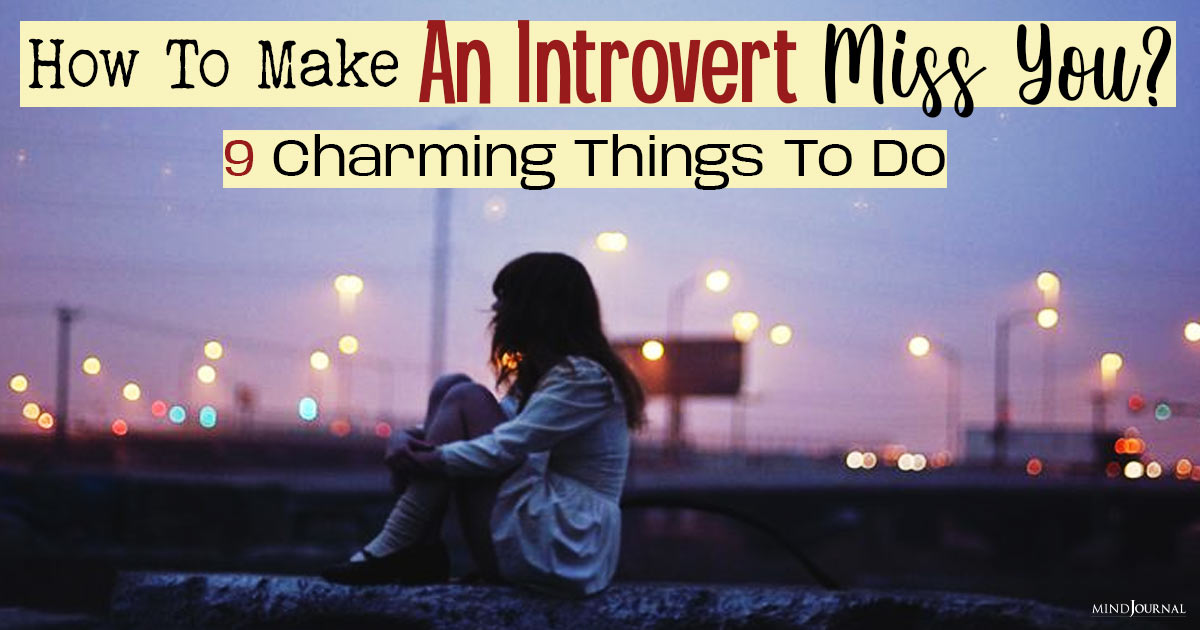
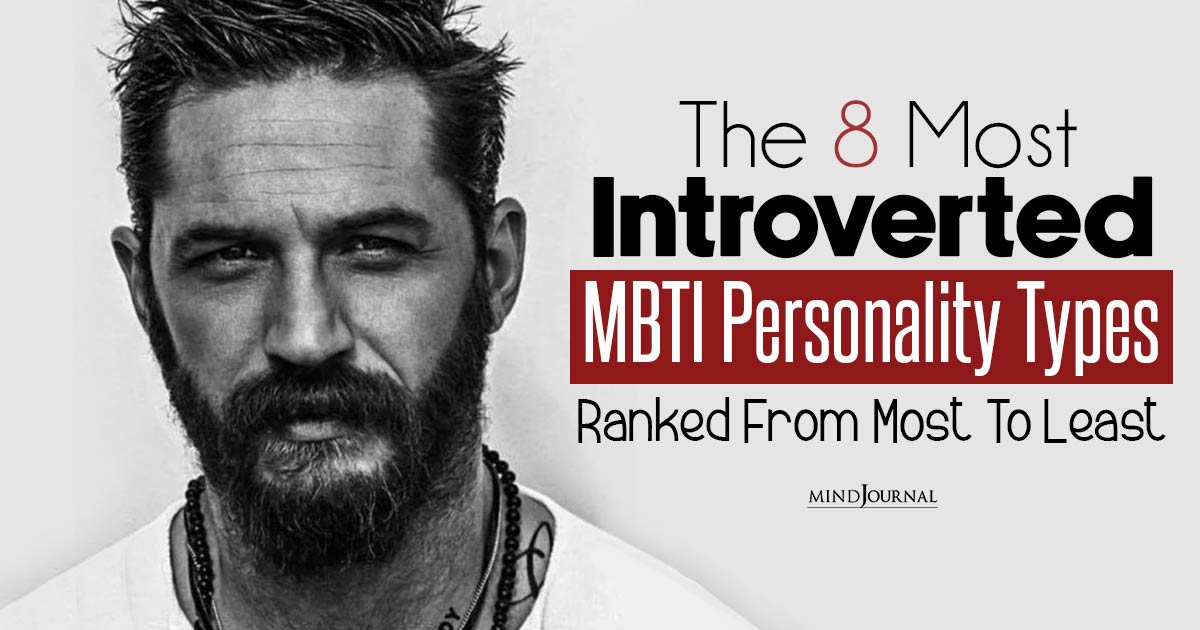
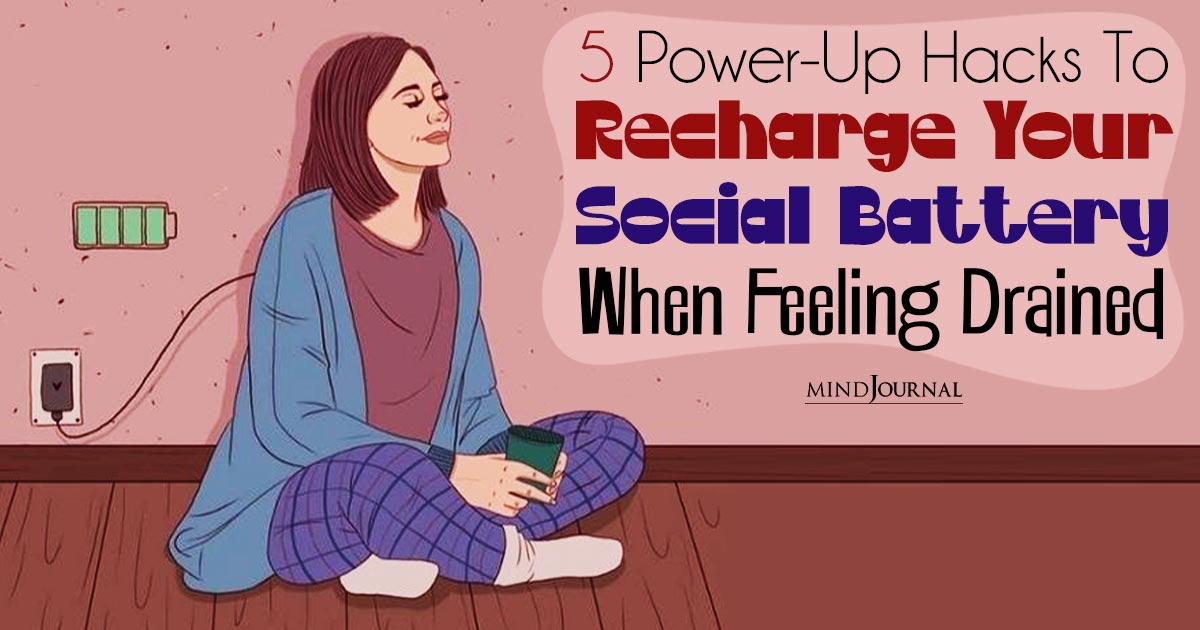


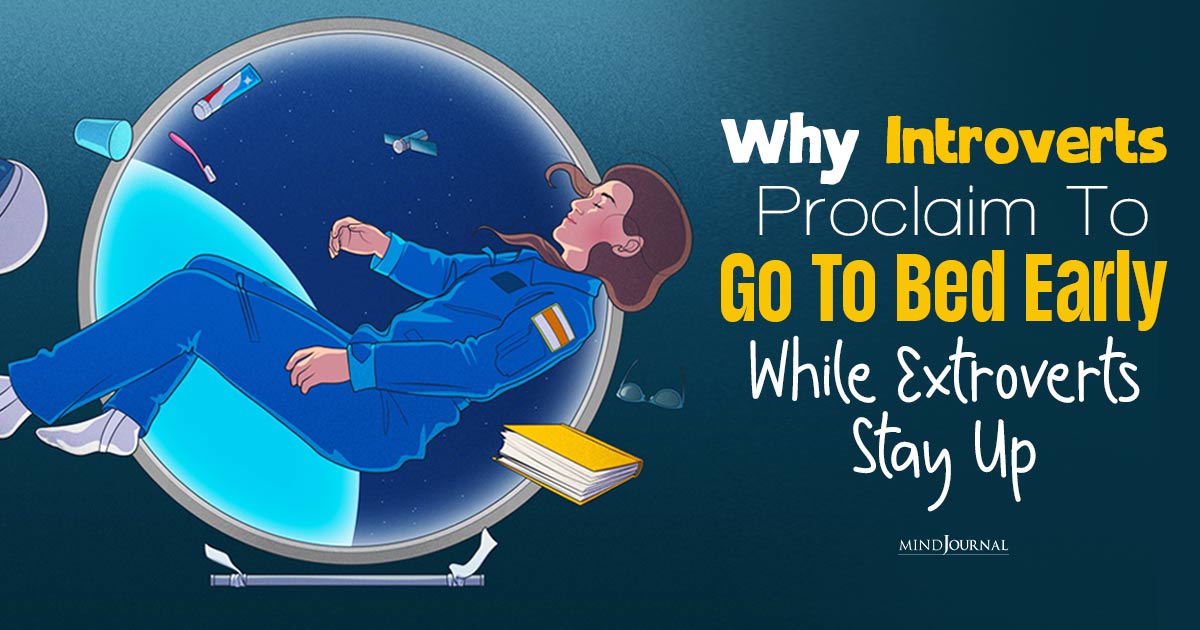
Leave a Reply